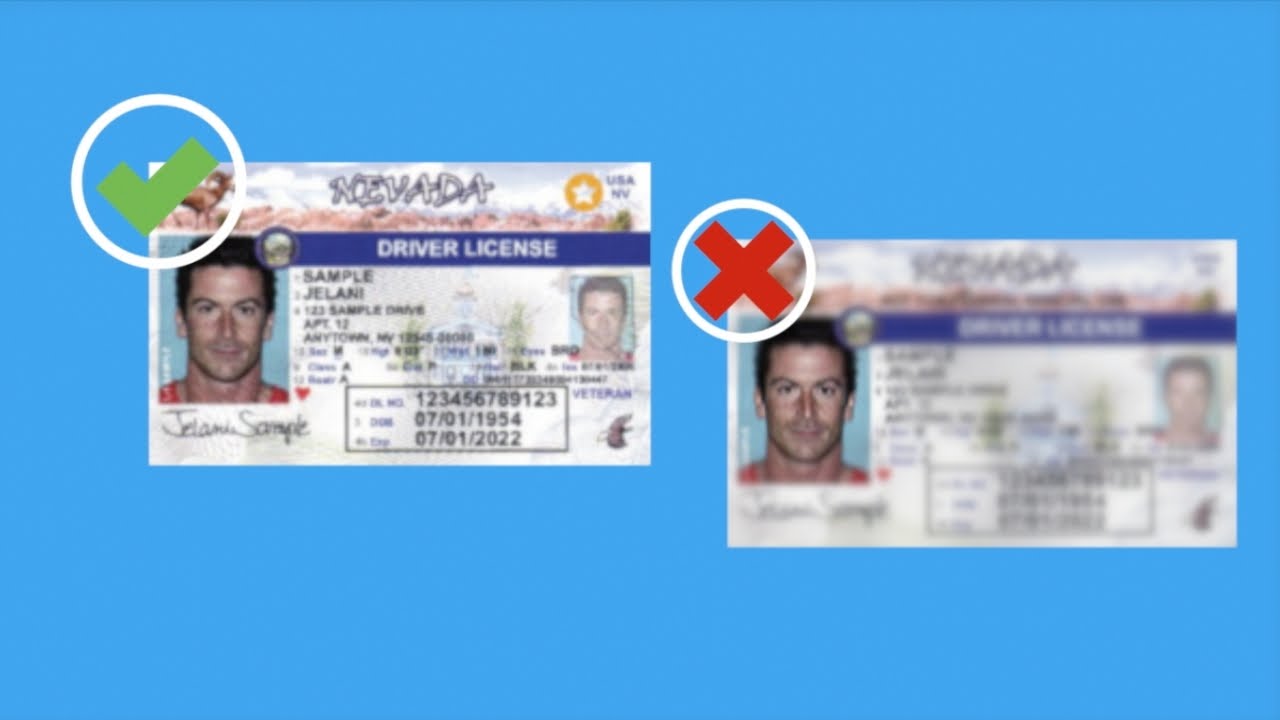UPDATE: Passengers flying internally in the U.S. now have until 2020 to make sure they have counterfeit-resistant state-issued drivers licenses to show as identification at airport security lanes.
Three of those states that received extensions have approvals pending for being certified as fully compliant with REAL ID requirements: Louisiana, New York and Michigan.
Some states do not yet offer REAL ID licenses. Minnesota, for example, expects to offer them later in 2018.
There is some confusing information on REAL ID: https://www.dhs.gov/real-id so if you’re in one of the states with a query, I recommend looking at your state’s website or swinging by your DMV.
Beginning Jan. 22, 2018, travelers from nine states will no longer be able to travel with only their driver’s licenses.
Residents of Kentucky, Maine, Minnesota, Missouri, Montana, Oklahoma, Pennsylvania, South Carolina, and Washington will have to use alternate ID forms (passport, military ID, or permanent resident card) to pass TSA security checkpoints—even for domestic travel.
Travelers who are not from the nine states will not be affected by the change in 2018. But by 2020, all travelers must have identification in compliance with REAL ID or they will not be allowed through TSA security checkpoints. This was a result of post-9/11 findings that found terrorists could too easily acquire licenses allowing them to move around the US unimpeded.
Only 24 states (plus Washington, D.C.) currently comply with the rules set forward in the act. The remaining states have been given extensions (through 2017) to meet REAL ID standards.
Documentation required before issuing a license or ID card
Before a card can be issued, the applicant must provide the following documentation:
- A photo ID, or a non-photo ID that includes full legal name and birthdate
- Documentation of birth date
- Documentation of legal status and Social Security number
- Documentation showing name and principal residence address
Digital images of each document will be stored in each state DMV database.
Document verification requirements
Section 202(c)(3) of the Real ID Act requires the states to “verify, with the issuing agency, the issuance, validity, and completeness of each document” that is required to be presented by a driver’s license applicant to prove their identity, birth date, legal status in the U.S., social security number and the address of their principal residence. The same section states that the only foreign document acceptable is a foreign passport.
